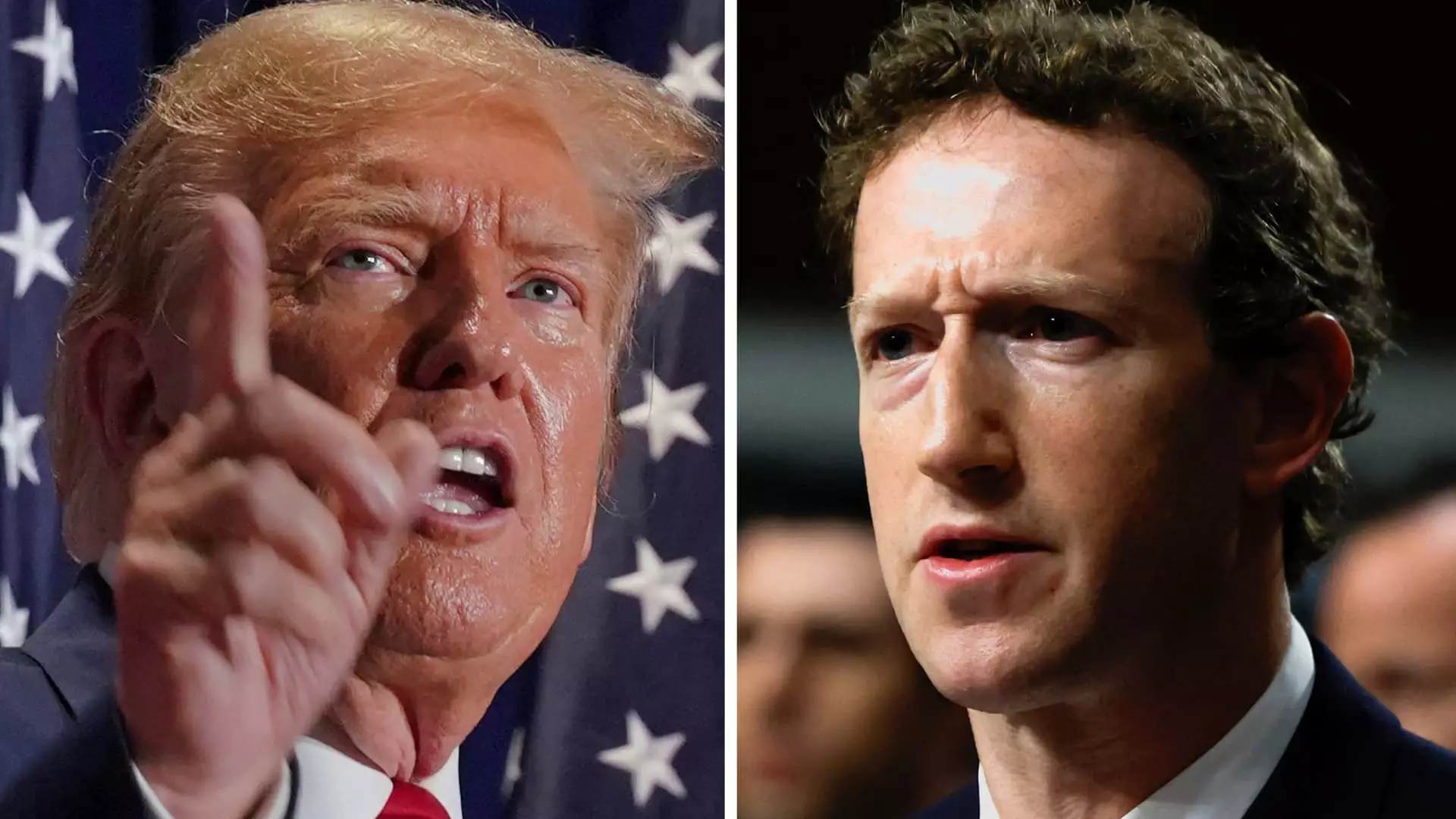Former U.S. President Donald Trump recently expressed concerns about the potential ban of Chinese-owned social media app TikTok in the United States. He argued that banning TikTok would only serve to benefit Meta’s Facebook platform, which he considers to be “an enemy of the people.” Despite acknowledging the national security and data privacy issues associated with TikTok, Trump highlighted the platform’s popularity among young users and the potential consequences of a ban.
National Security and Data Privacy Concerns
TikTok, owned by Chinese internet giant ByteDance, has faced scrutiny over its Chinese ownership and the possibility of sharing private user data with the Beijing government. The Chinese National Intelligence Law of 2017 obligates organizations and citizens to cooperate with state intelligence work, raising concerns about the security implications of using TikTok. The Trump administration’s unsuccessful attempts to remove TikTok from U.S. app stores in 2020 and subsequent orders for ByteDance to divest the platform reflect the ongoing regulatory challenges surrounding TikTok.
In response to national security worries, U.S. lawmakers have proposed legislation aimed at addressing the TikTok issue. The proposed bills suggest either the divestiture of TikTok by ByteDance or a complete ban on the app. President Joe Biden has also expressed support for banning TikTok if Congress approves such a measure. The renewed focus on TikTok underscores the ongoing debate surrounding data privacy, national security, and the influence of foreign-owned social media platforms in the U.S.
Despite his initial concerns about TikTok, Trump has adopted a more nuanced position on the issue. While he continues to view TikTok as a national security risk due to its Chinese ownership, he has also raised questions about Facebook’s own privacy and security practices. Trump believes that banning TikTok could inadvertently benefit Facebook, which he perceives as having negative implications for the country, particularly in the context of elections. By highlighting the potential repercussions of a TikTok ban on the broader social media landscape, Trump has brought attention to the interconnected nature of digital platforms and the implications of regulatory decisions.
The debate surrounding TikTok’s presence in the U.S. reflects broader concerns about national security, data privacy, and the competitive dynamics of the social media industry. As policymakers consider potential actions to address these issues, it is crucial to assess the implications of regulatory decisions on the digital ecosystem as a whole. The evolving attitudes towards TikTok, as seen through Trump’s shifting stance, underscore the complexity of balancing security concerns with the need for a competitive and diverse social media landscape. Ultimately, the fate of TikTok in the U.S. will not only impact individual users but also shape the future of digital interactions and information sharing on a global scale.


Leave a Reply